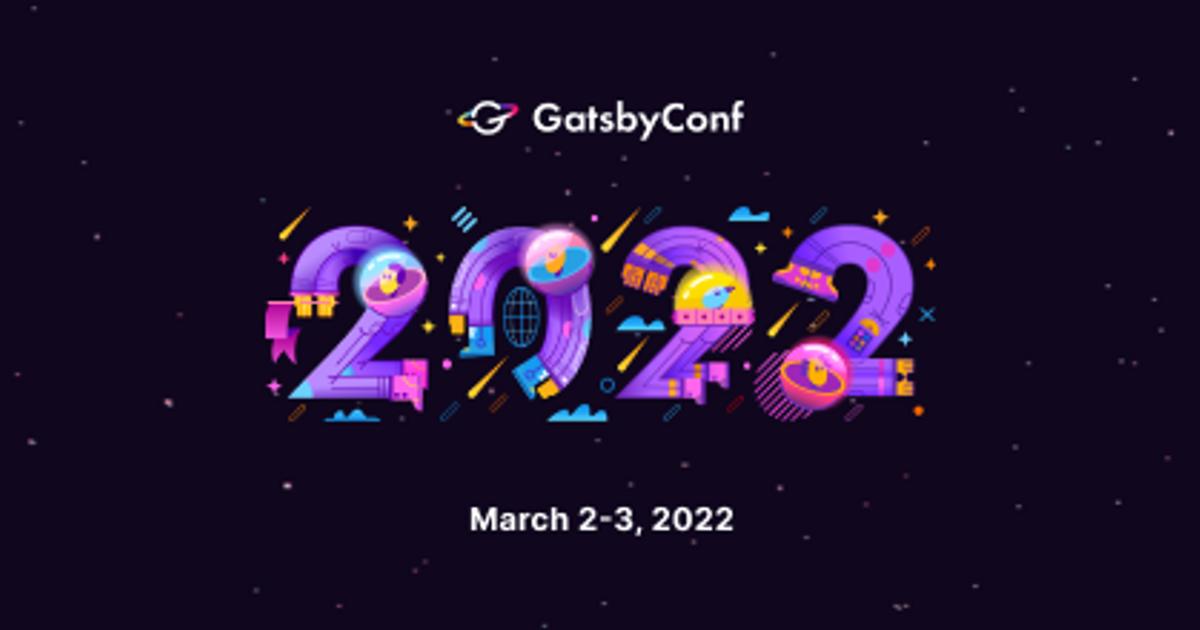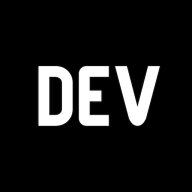I mentioned the other day that trending topics or news is like having a sale – a sale on knowledge acquisition, topics, audience targeting, and other content inputs, in other words, a tactic to spend less on the ingredients to cook your meals.
But what type of content sales are there? Here are 6 to think about:
- FIRESALE!!! – when something's on fire
- Liquidation – planned obsolescence, might be years away
- Seasonal – happens regularly on the calendar, lasts a month or so
- Deal event – known ahead of time
- BOGO (Buy One, Get One) – happens pretty predictably
- Everyday Savings – changes constantly but expected everyday
They each have their pros and cons. Let's take a quick look at them in turn (with examples):
FIRESALE!!!
Originally for describing merchandise damaged by fire, that seems apt for when something goes up in flames. These are unplanned events or breaking news. For example, whenever there's an open source supply chain attack, everybody is running around like chickens with their heads cut off. But that's a great time to be the level head in the room, like these helpful tweets, articles, and live streams by Snyk during the 2021 log4j attack:

Which by the way is still referenced on their Twitter link:

As it relates to content, the major con of course is that you gotta be on the ball and it might mean late nights. But if it relates to a core value proposition, like Synk's, it could be a huge advantage.
Liquidation
A liquidation event manages to sell merch close to full retail, which feels like the "deprecation" or sunsetting of a technology. Was it useless to write content for Adobe Flash 20 years ago? Not at all. Hell, I grew up on Flash Kit (RIP). This doesn't usually happen at once, there could be warning signs for you to take heed of beforehand.
On the con side, that means that you might have a major content sunset or revamp on your hands. To get ahead of your own product's dependency liquidations, it's a good idea to keep track of LTS version support dates if you're targeting specific versioned content and keep them tied to whatever you're using to plan/update content.
But on the pro side, if it's something else being liquidated you could create content to help old customers migrate to something better. That's when your biggest competition (inertia) will be at an all-time low. Just look at how Feedly grew by 3M users after Google Reader shut down (I'm part of that stat):

Seasonal
Seasonal trends are things like Hacktoberfest (aka right now 🎃). Just like Halloween marketing, there's a zeitspike a month before and then a sharp drop-off once it passes. Steam's Summer and Winter sales are marked on gamers' calendars. Even though these periods are brief, the good news is: you can usually update previous seasonal content and it won't take as long as creating brand new content.
Here's an example from this year's event:

Deal event
A special set of days known reasonably in advance – like a conference. If you have developers speaking somewhere or a conference that your product would get a lot of traction out of, you can plan activities before, during, and after. Host a meetup or on-site workshop, sponsor a happy hour, or livestream floor interviews.
Especially if it's your own conference:

BOGO
A software major release is more like a Buy One, Get One (BOGO) sale – it's fairly predictable, a new one happens every 18-24 months and there's usually a lot of activity ahead of release so that's easier to plan for. Your state fair happens once a year but vendors usually make bank those weeks.
Timing-wise it makes sense to launch content as close to the official software as possible to take advantage of the hype. Refreshing an old course or content with a new major is definitely advisable (and don't forget to update the dates). The reason is simple: when someone sees the old version or old UI, they assume it's out-of-date (even though you know it probably isn't – but perception is reality).
Here's an example with the recent release of React 18:
Everyday Savings
And everyday news on HackerNews or the Reddit frontpage is more like Everyday Savings – it happens every day or week (unless something's on fire), so when you miss it you don't feel too bad but if you get there quick, you could attract a few more eyeballs than you normally would for a day or two.
When Obsidian 1.0 (the note-taking app) launched, people had content within a couple hours:
It's finally here! @obsdmd v1.0 is live, and with it comes the ability to use tabs in Obsidian and significant theme and appearance redesigns. Here's what you need to know: https://t.co/BVKPgGLgu1 pic.twitter.com/juafc5KAyH
— Nicole van der Hoeven (@n_vanderhoeven) October 13, 2022
So... are you spending more than you need to?
Content sales will almost definitely help your marketing plan. Some can be put on the calendar. Those can benefit from meal prep. Others can't be anticipated well in advance but require you to be informed and up-to-date.
You can't expect to buy every ingredient on sale – but if you never take advantage of sales, you are definitely spending more than you need to.
Have a lovely day,
Kamran



